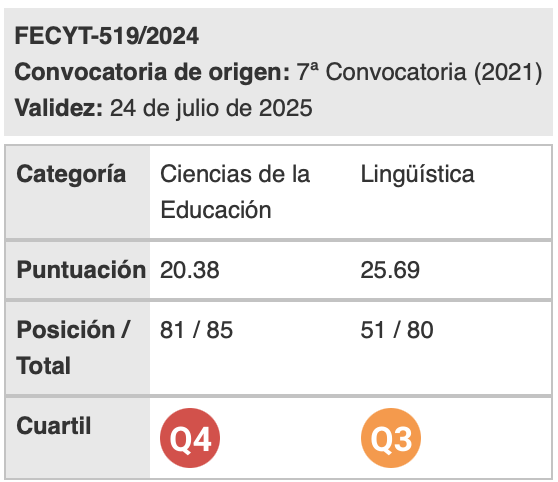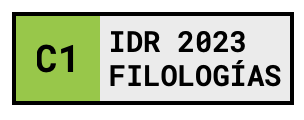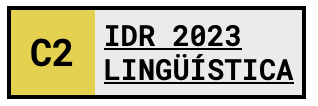Fundamentals of morphological-syntactic ergativity
Keywords:
ergativity, transitivity, agent, subject, direct objectAbstract
The main goal of this research paper is to clarify the concept of ergativity, which has been used as a modern term in recent grammar studies, from a morphological- syntactical approach. This term, nonexistent in the traditional linguistic studies on romance languages, has been newly applied to values of transitivity where the participant roles in the action may or may not have the agent function. latin and his daughter-languages have a syntactical accusative profile where the subject of the action is also the agent, different in form from the direct object. in latin, the correspondence subject-agent is marked morphologically in the nominative case. in ergative languages, the agent is not necessarily marked as the subject but as the direct object; this relation is expressed in various morphological ways depending on the languages.
Downloads
Downloads
Published
How to Cite
Issue
Section
License
Authors who publish with this journal agree to the following terms:
- Authors retain copyright and grant the journal right of first publication with the work simultaneously licensed under a Creative Commons Attribution License that allows others to share the work with an acknowledgement of the work's authorship and initial publication in this journal.
- Authors are able to enter into separate, additional contractual arrangements for the non-exclusive distribution of the journal's published version of the work (e.g., post it to an institutional repository or publish it in a book), with an acknowledgement of its initial publication in this journal.
- Authors are permitted and encouraged to post their work online (e.g., in institutional repositories or on their website) prior to and during the submission process, as it can lead to productive exchanges, as well as earlier and greater citation of published work (See The Effect of Open Access).

Revista de Lenguas para fines específicos is licensed under a Creative Commons Reconocimiento-NoComercial-SinObraDerivada 4.0 Internacional License.
























